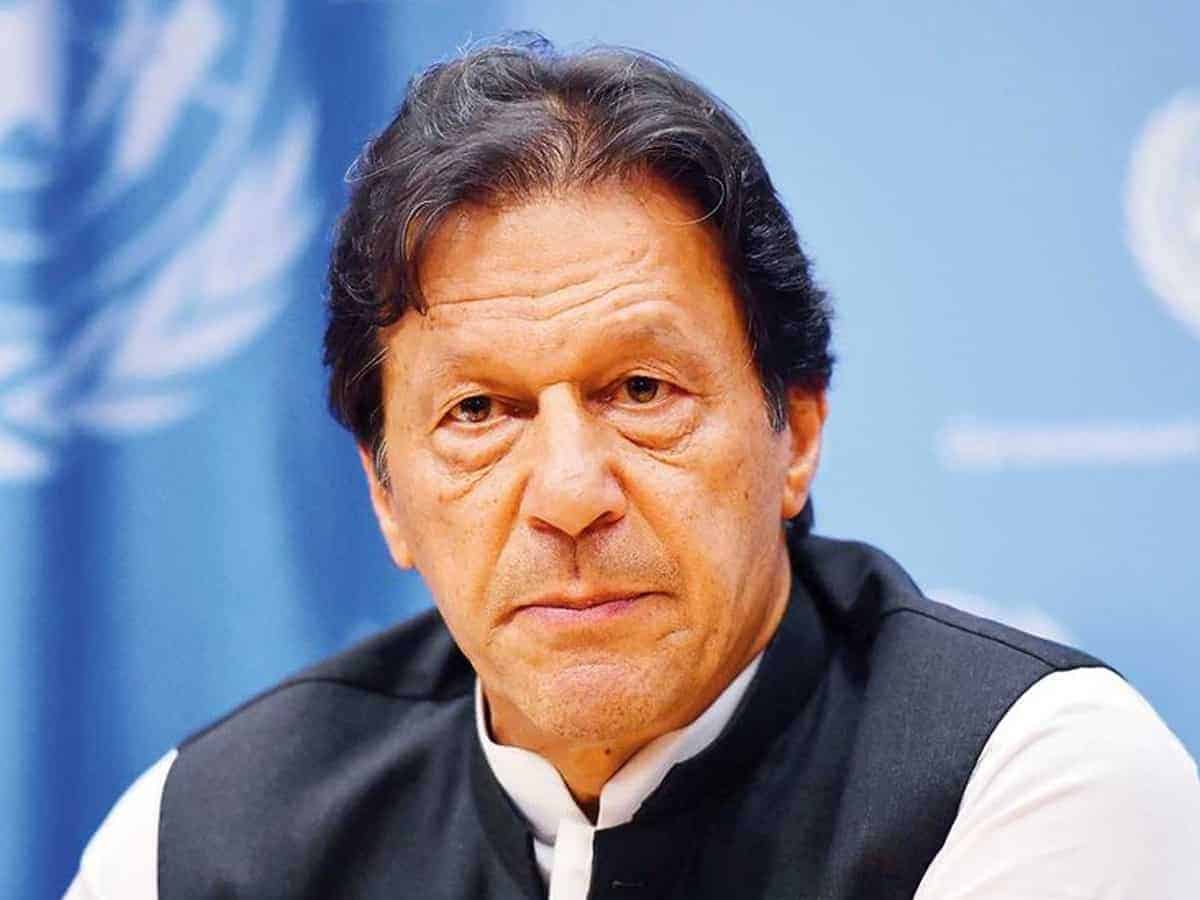
Tomorrow, Prime Minister of Pakistan Imran Khan is expected to make the first-ever National Security Policy, public, and the most important aspect vis-à-vis India that has appeared in Pakistani media is that the new policy aims at “trade and business“ ties without bringing in the settlement of Kashmir issue as a fundamental precondition.
If this is true, it is a major shift in Pakistan’s policy in which the centrality and criticality of the Kashmir issue to have friendly ties with India has been placed in a suspended animation mode. This change of heart, if it is so, reflects Pakistan’s new thrust on the geo-economics, in which it cannot but have good relations with its neighbouring countries, especially India. Secondly, this is a belated realization of what India had been saying and insisting all along.
Delhi, not once, but on many occasions had exhorted and counselled Pakistan that the two countries should look at the shared economic interests to uplift the plight of millions of people, and to fight poverty and backwardness together.
Pakistan’s prominent newspaper, “The Express Tribune”, while giving a peep into new policy framed in December 2021, says: “The original 100-page policy, which would be kept under wraps, leaves the door open for trade and business ties with India without final settlement of the longstanding Kashmir dispute provided there is progress in the talks between the two nuclear-armed neighbours.”
The report filed by Kamran Yusuf of the newspaper quoting an unnamed official privy to the contents of the new national security policy, said: “We are not seeking hostility with India for the next 100 years. The new policy seeks peace with immediate neighbours,”. This official was also quoted as saying, “if there was a dialogue and progress in it, there would be a possibility of normalizing trade and commercial ties with India as it had happened in the past.”
In international relations, particularly when it concerns the two neighbouring countries which have shared heritage and cannot afford to progress without mutual cooperation, there is a need to give phrases a meaning. Pakistan’s desire for good relations with India is an ear-pleasing phrase, but it would mean nothing until it is translated into reality. It is not a question of precondition, Pakistan should understand how deeply it has hurt India as a whole and Kashmir, in particular, over the decades, and therefore it would be in its interest to stop hosting and launching terrorists into India.
Let me put it this way, ending terrorism on its soil and sending terrorists into Kashmir with all the lethal weapons should not be seen by Pakistani leadership as something that India wants, which of course it does, but it would be something good that Pakistan would be doing to itself, its own security, polity and the international image.
Pakistan is grappling with so many problems. It having unprecedented border crisis with Afghanistan, and its relations with Iran are far from being normal, and the United States of America doesn’t trust Islamabad, despite having used it for its wars against the Soviet Union in late 1970s and 80s, and again post-9/11 against the Taliban and al-Qaeda in Afghanistan. It is having good relations with China only, but that is not that of the equals. It is the most unequal relation because Pakistan cannot assert itself against Beijing in any matter. Islamabad is in debt. It owes a lot to China and Beijing can dictate all kinds of terms to Pakistan, and Islamabad dare not say no to its only friend in the region.
Now if Pakistan wants good trade and business relations with India, first of all, it will have to have a relook at its own internal situation, tame the extremist and radical elements, and stop propaganda against India and the Indian leadership. Pakistan cannot hope for good terms with India when its Prime Minister, day in and day out, calls names to India and its leadership. It must stop all this, and this is the fundamental parameter for having good ties that can roll good trade and business ties.

